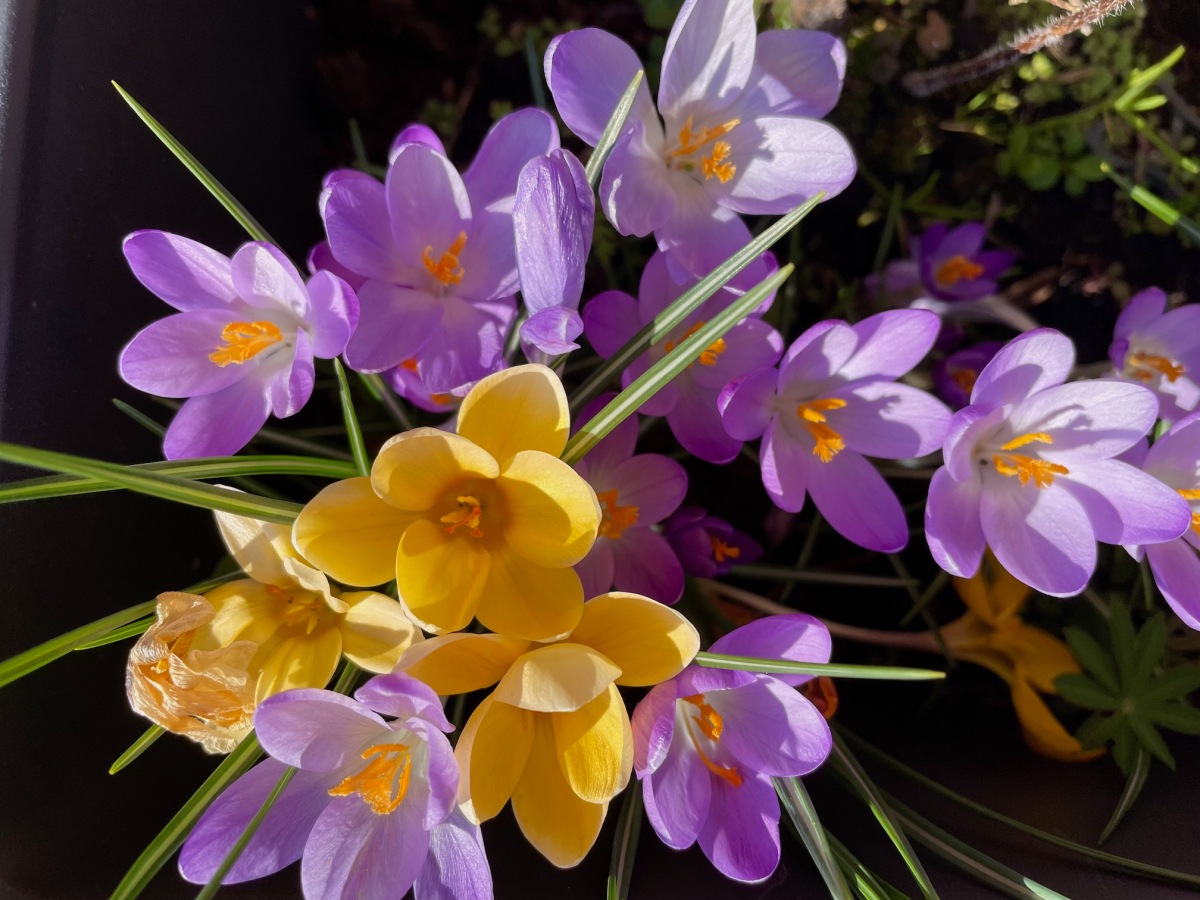The concept of fairness is deeply ingrained in us. Like a red thread running through our lives, a structure that makes it easier to find our way – a Northern star guiding our decisions.
It determines how we treat others. For most of us, it is self-evident.
But sometimes we hit a wall. Something happens that suddenly throws us off balance. We lose a loved one. We lose our job. Accidents happen, disaster strikes, we get seriously ill…
This can trigger a reflex making us ask: why me? What did I do to deserve it? Could I have prepared myself better, or somehow prevented it?
Interestingly, we think that we are somehow responsible, beating ourselves up for it, instead of acknowledging that this is just life – a random event happening which never follows the principle of fairness.
To be a good person striving to do the right thing is unfortunately no guarantee to prevent bad things from happening to us. Fairness is rather an expectation we carry around: an expectation that life should be fair, if we just take the right decisions and behave in a just manner.
The frustrating realization that the world is actually not fair shows the deep disappointment we feel when someone else (or the universe for that matter) doesn’t keep their part of the (expected) bargain.
We expect the world to be different. We even raise our children to act in a fair manner, to treat others well – like we want to be treated ourselves. And it’s in fact our children who remind us by shouting out “that’s not fair” that they indeed have a very good sense of how things ought to be.
It also triggers a deep fear when realizing that what we took for granted is suddenly caving in like a house of cards. We feel that we lose control falling into a bottomless pit. It is scary. It is threatening. That’s why the reflex in us is so strong to deny it: we are trying to run away from our suffering.
Hope is important because it can make the present moment less difficult to bear. If we believe that tomorrow will be better, we can bear a hardship today. (Thich Nhat Hanh)
It takes courage to embrace our suffering, to endure a difficult and painful situation and not give up. Especially when it is challenging our beliefs and our inner framework. It can happen anytime and to everyone, and we cannot prepare ourselves for it.
It helps to understand that bad events happening to us are a part of life.
But our inner values and principles which are guiding us, are another part of it.
These two are not mutually exclusive but rather different companions on our life’s journey. We will encounter the whole spectrum of it all the time. And we cannot expect to have one without the other.
The best way to not feel hopeless is to get up and do something. Don’t wait for good things to happen to you. If you go out and make some good things happen, you will fill the world with hope, you will fill yourself with hope. (Barack Obama)
But what we can control is how we deal with what comes our way. The world becomes what we make of it, and that’s visible every day.
Everything we convey through your actions or inaction, each word we say or don’t, each act of kindness or the opposite, changes the world. It makes a difference. So, let’s become more aware of how much influence we actually have. On others and on ourselves.
Does a bad thing happening to me make me question my approach in life? Does it make me lose my faith in myself and others? In humanity?
Would I throw my beliefs overboard?
I believe that hanging on to what is guiding me in life is even more important in such testing situations. There is a reason for why I have decided long ago to live my life based on certain principles.
What we can do:
- Moving through it with patience and compassion for yourself is very important, in whatever sort of such situation you are. To have others supporting you is wonderful, but don’t forget to support yourself in the same way: speak kindly to yourself.
- Ground yourself, calm yourself down, simply to avoid your nervous system going into overdrive. Meditation and breathing exercises can be a very powerful tool to help.
- Cry when you feel like it. Once you stop you will notice that the earth has not opened up and swallowed you. You are still there. And then allow yourself time and space to heal.
Nothing is as important as my peace, my joy. I smile to everything, even to my suffering, my difficulties. That is a practice of freedom. (Thich Nhat Hanh)
It is hard to lean into our pain, while staying confident and trusting ourselves at the same time. But it is important not to ignore the pain. Acknowledge it, but at the same time do not give up hope. Savour the precious moments of joy in your life.
We have every reason to trust that we can move through the hardships in life. Because there is constant change – in either way, hence also to the positive.
Trust yourself.
————————————————————
If you are interested in meditation and finding inner peace, I can recommend the Plum Village App.
The podcast “The Way Out Is In” offers profound, insightful conversations based on Thich Nhat Hanh’s teachings of Buddhist philosophy.




You must be logged in to post a comment.